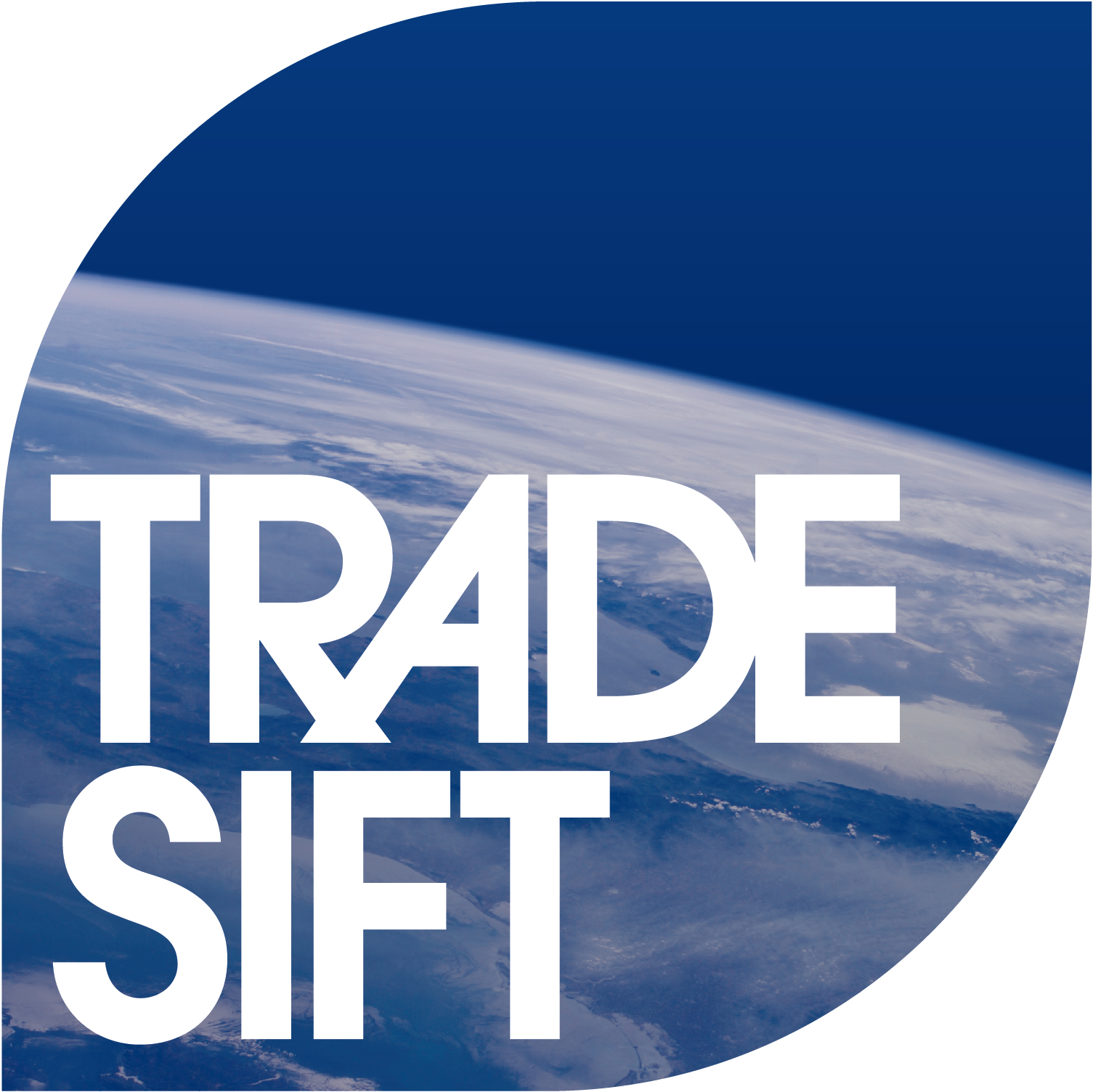
About the Author
Rachel Thompson
Adviser, TradeSift
7th February 2014, The European Commission’s recent decision to initiate a three month public consultation on the inclusion of investor-state dispute settlement (ISDS) in the TransAtlantic Trade and Investment Partnership (TTIP) is an important development.
While not new, ISDS has become increasingly controversial in the past decade, to the point that its inclusion in TTIP is now a key test of TTIP’s public legitimacy and accountability, and unless addressed in those terms, could potentially derail it.
In my view, it would be a mistake for TTIP supporters to view this as a ‘teacup storm’ created by ‘anti-business’ interests. That would apply an outdated lens to a very wide cross-section of people and organisations that, due to the financial crisis, the Great Recession and ongoing pressure on the natural environment, want a more sustainable international economy.
Public trust in business is higher for those companies that are part of this shift, as evidenced in numerous sustainability and reputation indexes. However, distrust of business is highest on issues which seem to ignore or bypass the sustainability agenda. Allowing investor-state dispute settlement in free trade agreements is one such issue.
There are two main reasons. The first is overreach, as investor-state arbitration mechanisms have evolved from compensation for direct expropriation of investors’ assets to interpreting that as including compensation for “loss of anticipated profits” arising from reforms and public policy shifts by elected governments. This carries an implicit permanent narrowing of policy space and a future income guarantee not available to other market participants.
The second reason is that existing investor-state arbitration mechanisms have been slow to reform from a semi-closed club of interlocking interests into a transparent and accountable multilateral platform. If this had already happened, there would now be a track record and public goodwill to draw on in making the case for incorporating investor-state arbitration into TTIP. Cosmetic fixes will not suffice and could worsen the public trust deficit on this issue.
My view is that an investor-state dispute mechanism in TTIP could only be feasible if it is very limited (e.g. to direct expropriation), symmetrical (e.g. enabling states to also challenge investors for breaches of defined commitments), and unimpeachable for the independence, integrity and expertise in trade, investment and public policy law of its panels and secretariat.
A simpler option would be for TTIP to direct investor-state disputes to national courts and existing ISDS mechanisms such as the United Nations Commission on International Trade Law, rather than also introduce ISDS into TTIP.
At the end of the day, ISDS is not an essential, indispensable component for TTIP because alternative ISDS mechanisms already exist elsewhere. Free trade between the EU and the U.S., however, is something that only TTIP can deliver, and should remain the paramount focus.

Leave a Reply
You must be logged in to post a comment.